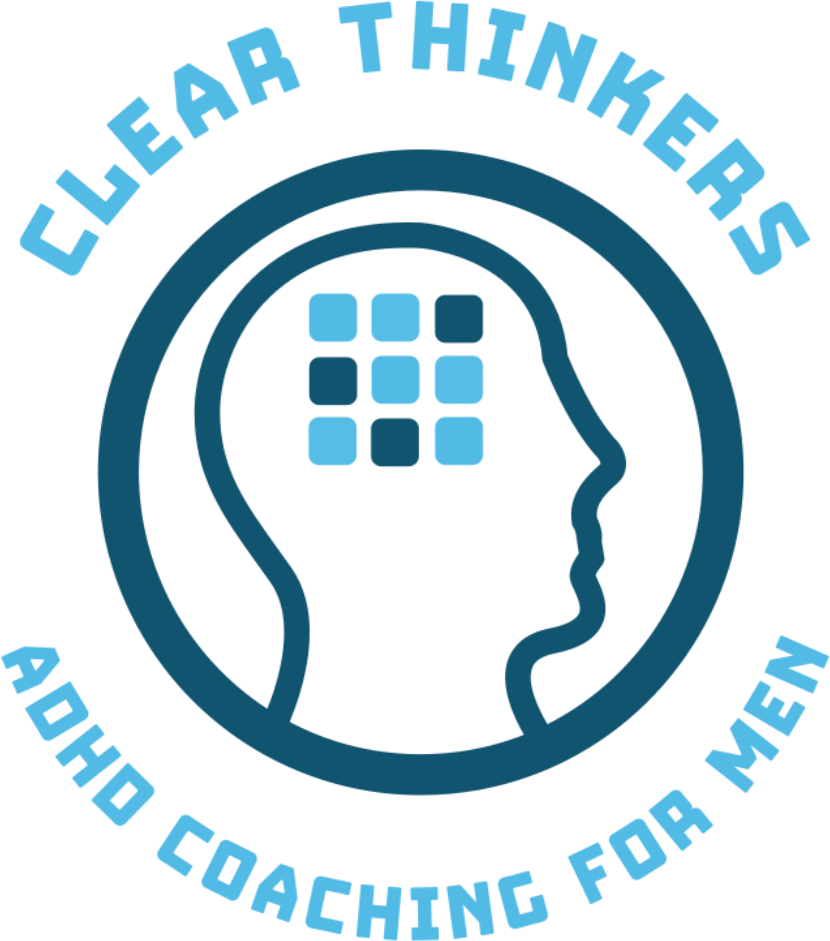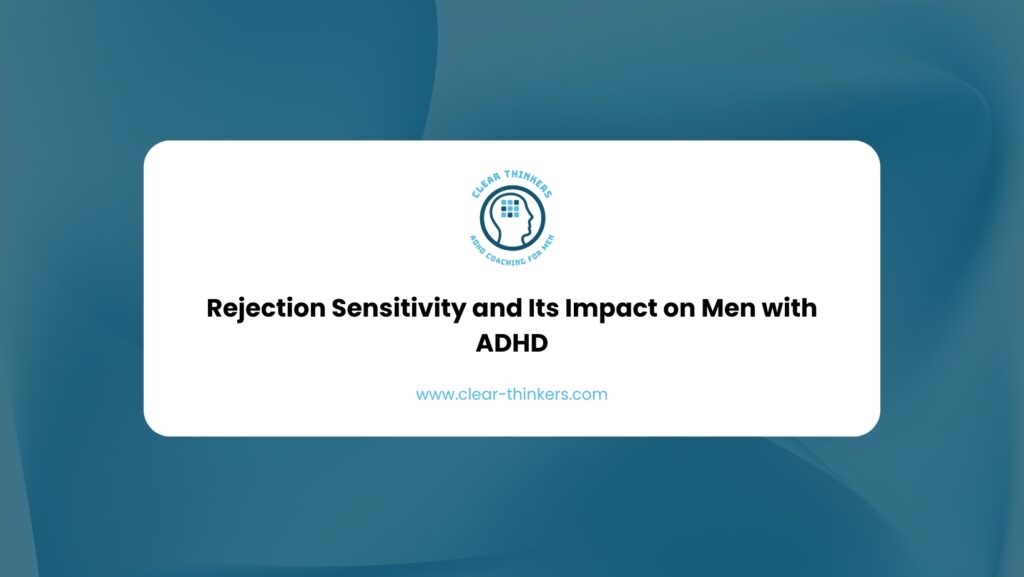For many men with ADHD, dealing with rejection can be more than just a momentary setback—it can feel overwhelming and deeply painful. This heightened emotional response, known as Rejection Sensitive Dysphoria (RSD), is often misunderstood but is very real for individuals with ADHD. This article explores what rejection sensitivity looks like in men with ADHD and offers practical ways to manage it.
To learn more about ADHD’s emotional impact, visit Zeitlin Coaching.
What is Rejection Sensitivity in ADHD?
Rejection sensitivity is an extreme emotional response to perceived or actual rejection, criticism, or failure. It’s especially common in men with ADHD due to the disorder’s effects on emotional regulation and impulsivity.
- Hyperreactivity: Men with ADHD often experience rejection as more intense, leading to a disproportionate emotional response.
- Fear of Failure: This fear can prevent individuals from trying new things or pursuing opportunities due to the potential risk of criticism or rejection.
- Social Anxiety: Repeated experiences of rejection can contribute to social anxiety, making it harder for men with ADHD to build and maintain relationships.
For more insights into how ADHD affects behavior, check out Zeitlin Coaching’s methods page.
How Rejection Sensitivity Affects Men with ADHD
The effects of rejection sensitivity can be seen in various aspects of life:
- Relationships: Men with ADHD may withdraw from relationships or overreact to perceived criticism from partners or friends, leading to tension and misunderstandings.
- Workplace Performance: Fear of rejection can manifest as perfectionism, procrastination, or an unwillingness to take risks, all of which can hinder career growth.
- Self-Esteem: Repeated experiences of rejection can lower self-esteem, making it difficult to maintain confidence and resilience in daily life.
Learn more about how ADHD impacts self-esteem and performance at Zeitlin Coaching.
Strategies to Manage Rejection Sensitivity in ADHD
1. Practice Cognitive Reframing
Rejection sensitivity can be addressed by changing the way you interpret criticism or feedback.
- How It Works: Cognitive reframing involves shifting negative thoughts to more realistic, balanced perspectives.
- Example: Instead of assuming, “They think I’m incompetent,” try thinking, “They might not agree with my approach, but that doesn’t define my abilities.”
For more tips on managing ADHD-related emotions, visit Zeitlin Coaching’s advice page.
2. Build Emotional Resilience
Developing resilience helps reduce the impact of rejection over time.
- Focus on Strengths: Regularly remind yourself of your strengths, skills, and past successes. This helps create a positive self-image that is less susceptible to external criticism.
- Self-Compassion: Treat yourself kindly when faced with rejection. Understand that rejection is a normal part of life and not a personal failure.
Zeitlin Coaching offers strategies for building emotional resilience tailored to men with ADHD.
3. Establish Supportive Relationships
Having a strong support network can buffer the effects of rejection sensitivity.
- Open Communication: Let friends, family, and coworkers know about your sensitivity to criticism. This helps them understand your reactions and respond more empathetically.
- Seek Professional Support: Consider working with a therapist or ADHD coach to explore underlying fears and develop personalized coping strategies.
For one-on-one support, book a session with Zeitlin Coaching.
4. Implement Mindfulness Techniques
Mindfulness can help manage intense emotional reactions by encouraging presence and awareness without judgment.
- Try Deep Breathing: When feeling overwhelmed by rejection, take slow, deep breaths to calm your nervous system.
- Mindful Observation: Observe your feelings of rejection as temporary events that will pass, rather than permanent truths about yourself.
Visit Zeitlin Coaching for more information on mindfulness techniques.
5. Set Boundaries
Setting clear boundaries can reduce the likelihood of feeling overwhelmed by others’ feedback.
- Communicate Needs: Let others know when you need space to process emotions, especially during difficult conversations.
- Limit Exposure: If certain people or situations consistently trigger feelings of rejection, consider limiting your exposure to them.
Behavioral Science: Managing Rejection Sensitivity in ADHD
Behavioral science emphasizes the importance of changing thought patterns and behavior to manage rejection sensitivity effectively. Here’s how it applies to men with ADHD:
- Reinforcement of Positive Behaviors: Rewarding yourself for handling rejection well can build confidence and reduce the intensity of future responses.
- Exposure Therapy: Gradually exposing yourself to potential rejection in controlled environments can desensitize the emotional response over time.
To explore more behavioral techniques, visit Zeitlin Coaching.
Rejection sensitivity is a common yet manageable aspect of ADHD. By practicing cognitive reframing, building resilience, and establishing supportive relationships, men with ADHD can reduce the impact of rejection sensitivity and improve emotional well-being.If you’re ready to develop a personalized plan for managing rejection sensitivity, book a session with Zeitlin Coaching.







